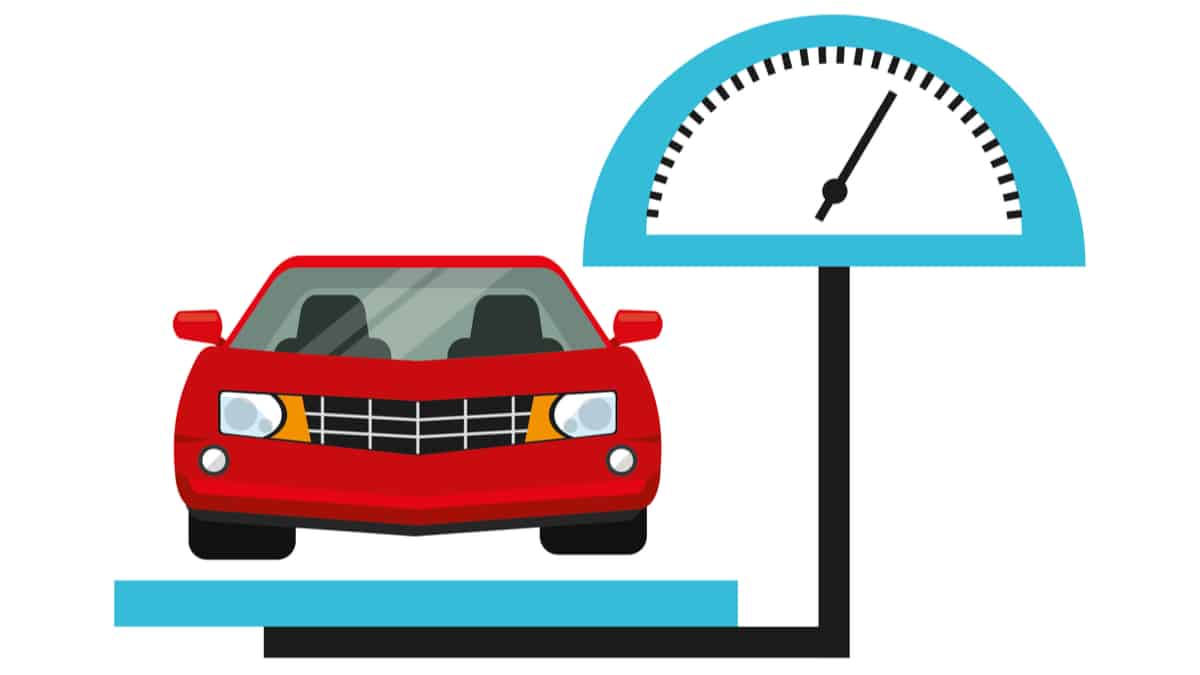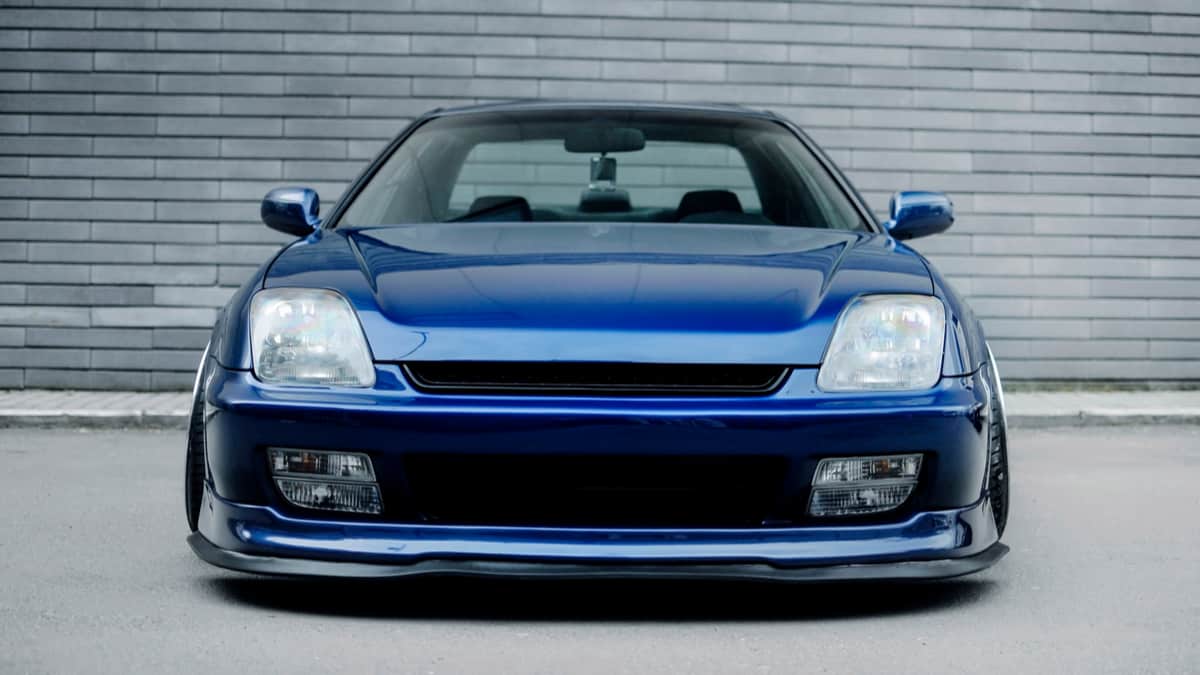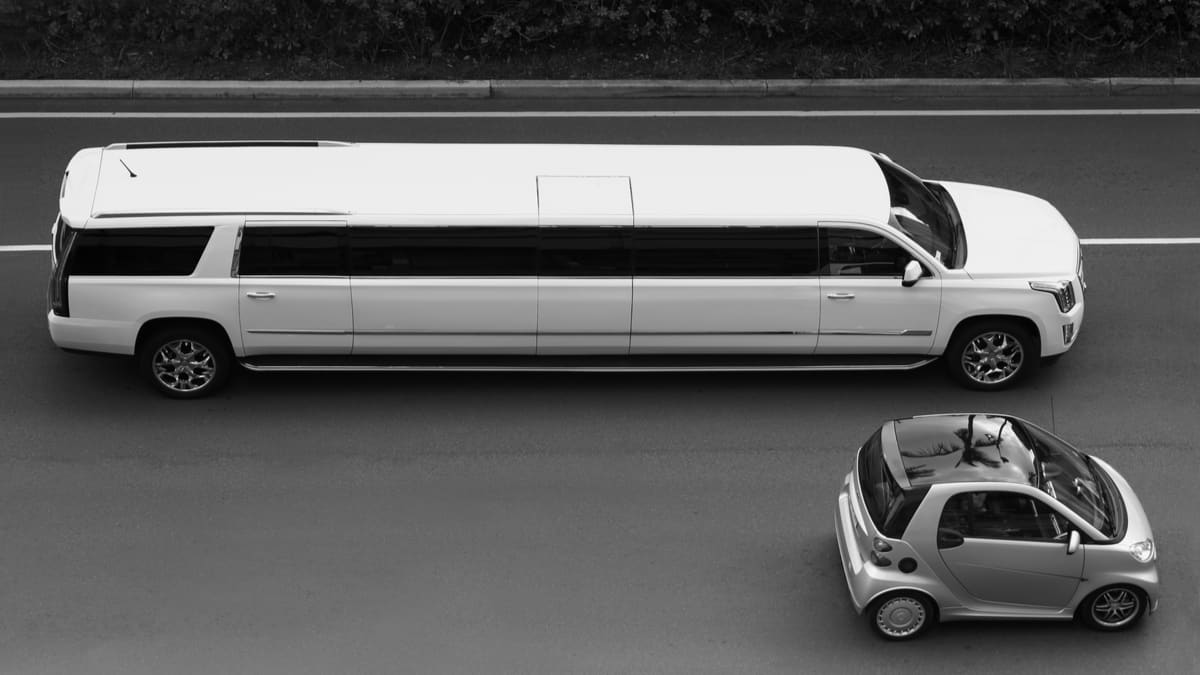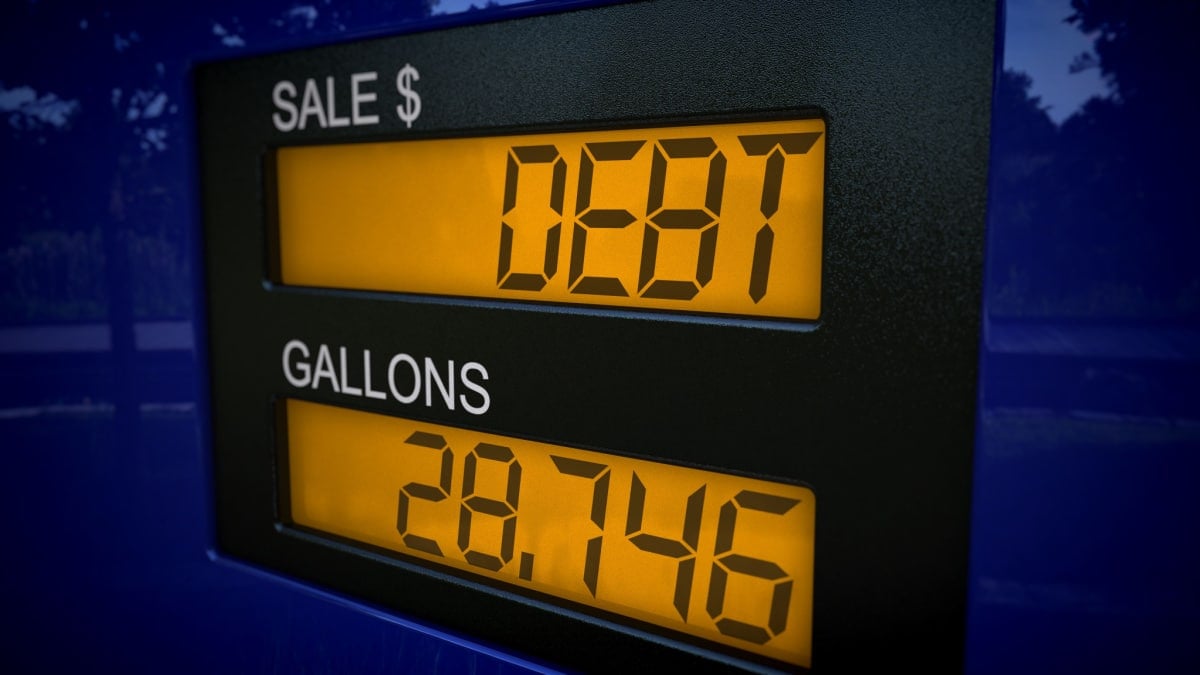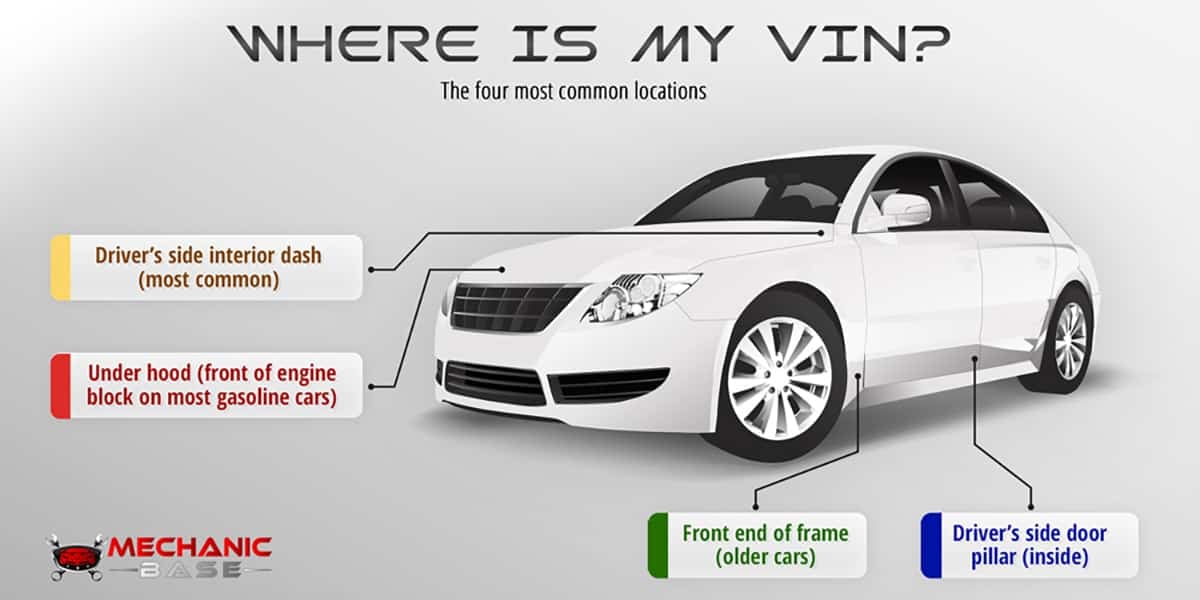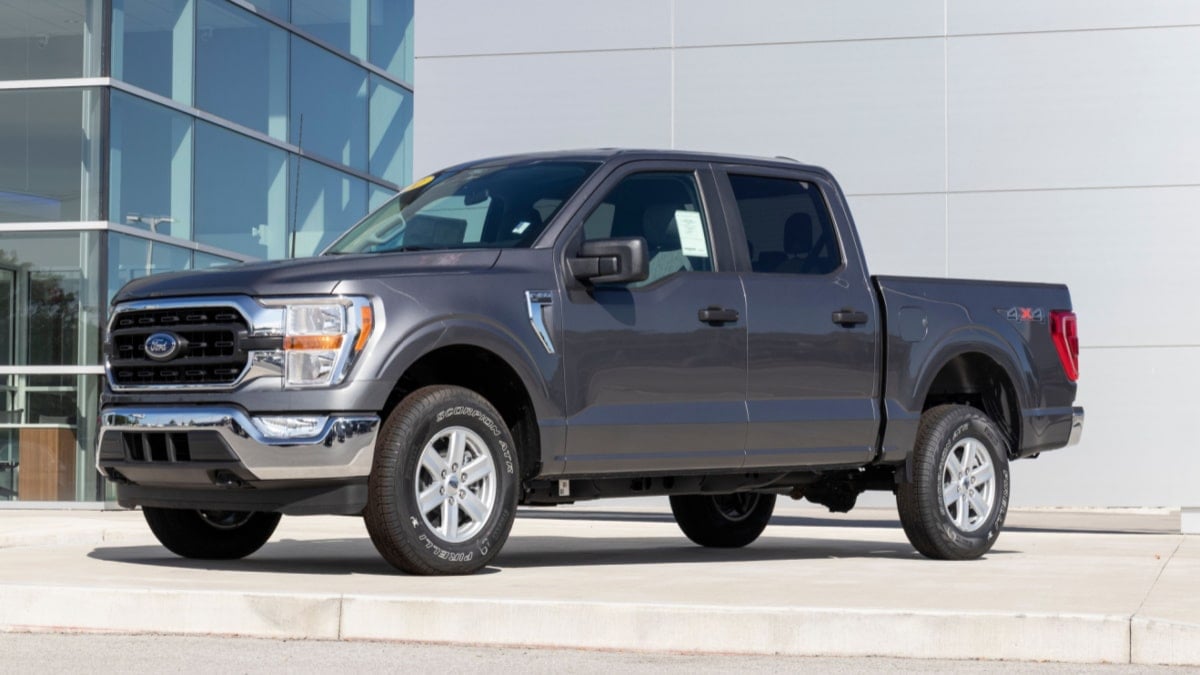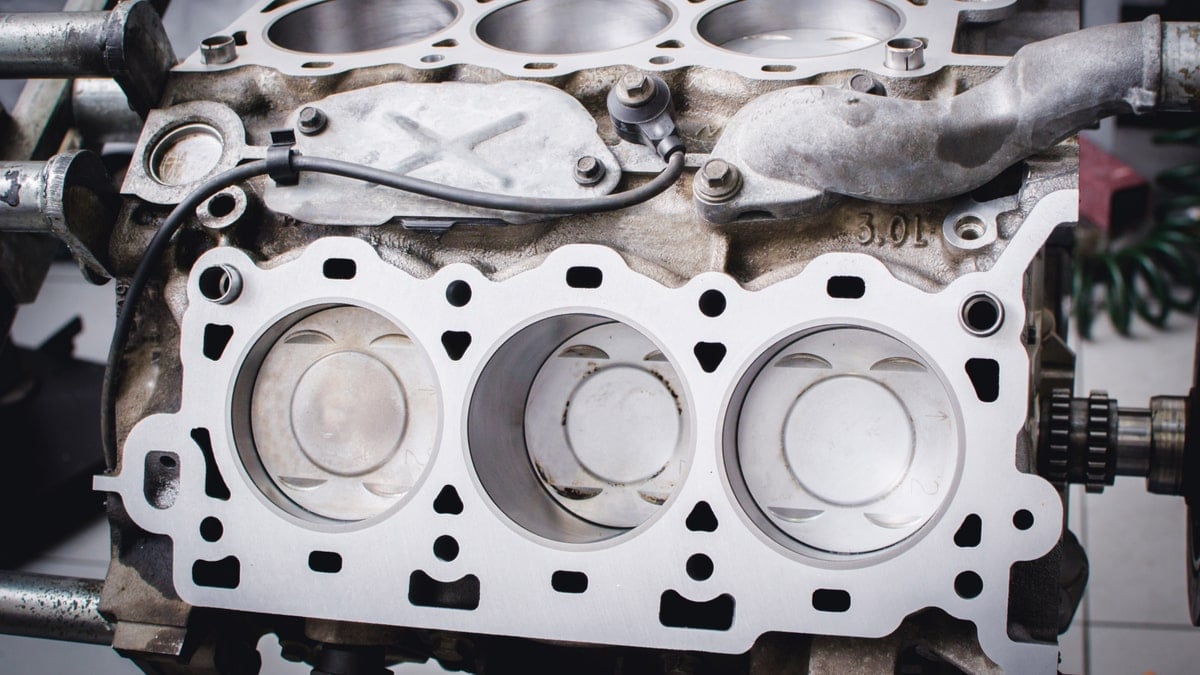If you’re like most people, the weight of your car is probably something that you rarely think about. However, knowing your car’s weight can be very beneficial if you are about to tow it or drive over a weak bridge. Weighing your car can also help you make decisions about modifications and other changes.
But how much does your car actually weigh? And what factors influence a car’s weight?
In this blog post, we’ll take a look at average car weight by type and model and discuss some of the reasons why you may find different weights in your car’s specifications. We’ll also look at where you can find the weight of your car without weighing it on a scale.
How much does a car weigh?
The average car weighs 4,094 pounds, according to U.S. Environmental Environmental Protection Agency. The average small car (e.g., Nissan Micra) weighs 2600 pounds, while the average large car (e.g., Audi A8) weighs 4400 pounds.
Average car weights, in general, have gotten lower over time, even though newer models are larger in average size. One reason that cars weigh less now than they did a few decades ago is that newer car models are designed to be as lightweight as possible.
Lighter weight reduces the amount of force required to stop and start, improving safety and handling. It also means that a car’s engine does not have to work as hard to move the vehicle, which reduces fuel consumption.
Weights by Car Type:
Cars come in all different sizes and shapes. Although cars are built with different materials and in different ways, they tend to average in the same ballpark in terms of weight in the same type range.
Here’re some of the average weights by the most common car types out there on the market:
| Type | Weight (Kg) | Weight (Pounds) |
|---|---|---|
| Small Sized Cars(eg Nissan Micra): | 1200 | 2600 |
| Midsized Cars (eg Audi A4): | 1600 | 3500 |
| Large Sized Cars (eg Audi A8): | 2000 | 4400 |
| Small Trucks/SUV (eg Kia Soul): | 1500 | 3300 |
| Midsized Trucks/SUV's (eg Nissan Navara): | 2400 | 5300 |
| Large Truck or SUV's:(eg Chevrolet Tahoe): | 3000 | 6600 |
Weights by Car Model
To be even more specific on the average car weight per car model and not just the car type, here is a list of average weights for some popular car models.
The weight of these car models may vary depending on the model year, engine type, and the accessories installed in your car.
| Car Model | Years | Weight(Kg) | Weight(lbs) |
|---|---|---|---|
| Ford Mustang | 15-19 | 1700 | 3700 |
| Honda Accord | 94-97 | 1295 | 2854 |
| Honda Civic | 96-00 | 1143 | 2519 |
| Toyota Camry | 90-94 | 1260 | 2770 |
| Toyota Corolla | 2019 | 1301 | 2870 |
| Dodge Charger | 06-10 | 1887 | 4160 |
| Jeep Cherokee | 87-02 | 1523 | 3357 |
| Jeep Grand Cherokee | 93-15 | 2300 | 5100 |
| Jeep Wrangler | 17-18 | 1770 | 3900 |
| Ford Explorer | 18- | 2215 | 4900 |
| Mercedes Benz E-class | 16-18 | 1723 | 3800 |
| Honda CR-V | 18- | 1523 | 3358 |
| Mercedes Benz C-class | 15-18 | 1550 | 3417 |
| Nissan Altima | 12-18 | 1430 | 3153 |
| Chevrolet Malibu | 15-18 | 1526 | 3366 |
| Chevrolet Silverado | 14-18 | 2200 | 4800 |
| Toyota Tundra | 00-06 | 1900 | 3940 |
| Cadillac Escalade | 02-06 | 2600 | 5800 |
| Chevrolet Tahoe | 92-00 | 2000 | 4500 |
| Toyota Highlander | 13-18 | 2045 | 4508 |
| Subaru Outback | 18- | 1650 | 3642 |
| Mercedes Benz GLC-class | 15-18 | 1790 | 3950 |
| Ford Fusion | 13-18 | 1554 | 3427 |
| Toyota Tacoma | 95-04 | 1451 | 3200 |
Different types of car weights
If you look at your car’s weight specifications in the owner’s manual or search by VIN, you may notice that you will see many different weights, so which one should you look at and what do all these different weights mean? Let’s take a closer look!
Here are the most common types of weight, and a short explanation of each of them:
- Curb Weight: The weight without the driver, passengers, or any cargo.
- Gross Weight: The weight of a car with max cargo loaded and the driver and all passengers.
- Gross Combined Weight: This is a unit you have to consider if you have a trailer. The weight of both the trailer and car together.
- Payload: The car’s weight, cargo, passengers (gross weight), plus anything you tow behind the car.
- Gross Weight Rating: The max total weight your car can handle with the driver, passengers, and cargo.
- Gross Axle Weight: The weight load on each axle of your car.
- Maximum Load Trailer Weight: Very similar to the gross combined rate. But this does also include the weight of a fully-loaded trailer.
- Gross Axle Weight Rating: The maximum weight that one axle on your car can handle.
RELATED: Average Car Length – List of Car Lengths
Where can I find the exact weight of my car?
So if you couldn’t find your car model in the list above, there are some even better methods of finding it without weighing it on a scale. Here are a few easy ways to find your car’s weight fast with accurate results.
1. VIN decoder

The easiest and fastest way to find your car’s weight is probably by using a VIN decoder or lookup. VIN decoders can be found as paid or free versions. We have a free VIN decoder here on Mechanicbase, and you can use it as many times as you want. All you need is your VIN.
The VIN code is found in several different locations on your car. The most common places are outside the windshield on the underside on the driver’s side. It can also sometimes be on the driver’s side door pillar. On many car models, there is also a label with VIN around the area where the door lock to the car is latched. If you can not find it there, you can try to look for a label in the engine compartment, often in front of the engine.
2. Check the owners manual
The owner’s manual you received when you bought the car is another good place to find the weight of your car. The instruction manual is often in the glove compartment, so if you still have the manual for your car, take a look there to find the weight of your car.
3. Wikipedia
Finding your car’s weight on Wikipedia is also an easy option as they have the most car models listed there with the specifications. But the disadvantage of this method is that cars are available in so many different types with different engines and other accessories, so you may not find the correct result. However, if you do not need to find the exact weight, but just need to get a rough idea of the weight, it can be a good option.
4. Driver side door
There is a sticker with VIN and other different specifications, such as tire pressure, tire size and car weight on almost all car models. This sticker can often be found on the body of your car behind the driver’s door. Open the driver’s door and check for a label near the central locking bracket.
5. Call your manufacturer
If you have your registration number or VIN number, you can call your authorized dealer and ask them if they can find any specifications for your particular car model. This may not be the easiest and fastest option, but you will surely get accurate results.
6. Car scale
Of course, the best way to get your car’s exact weight is to weigh it on a scale. But finding a scale large enough to weigh a car is probably easier said than done. If you really want to weigh your car on a scale, you can often find these at car scrap yards and car inspection sites.
Weighing your car on a scale may be necessary if you have installed many heavy accessories in your car, such as a large sound system or dog cages.
What is the lightest weight car?
These days, the Mitsubishi Mirage is the lightest new car you can buy in the United States. The weight of this small car is 2018 lbs or 917 kg. There are lighter cars, but not if you are looking for a new purchase fresh from the factory.
What is the heaviest car?
The Ford F450 Super Duty Crew Cab is the heaviest car you can buy if you are looking for a modern car in the US market. This Ford weighs 8600 lbs or 3900 kg.
What is the average car weight in kg (kilogram)?
The average weight of a car in kg is 1857 kg. The average weight of a small car (eg Nissan Micra) in kg is 1200 kg and the average weight of a large car (eg Audi A8) in kg is 2000 kg.
Are heavier cars safer?
Generally, this is true. The heavier the car, the safer it is in collisions. It’s made of stronger steel and has better crash ratings. Also, having more weight on each axle results in added stability when braking, which also adds to safety.
Categories: General
